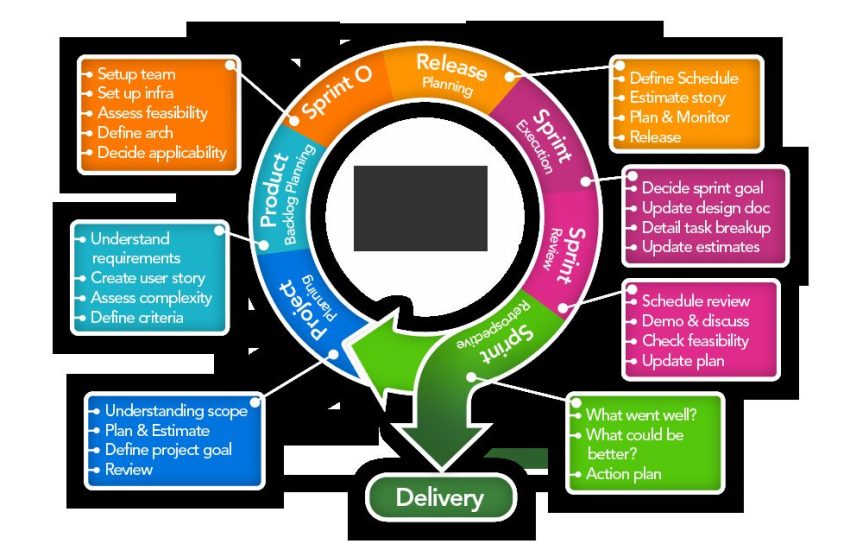Why Google Loves Responsive Websites
In today’s digital age, having a responsive website is more important than ever. Not only does it provide a better user experience for your visitors, but it also plays a crucial role in search engine optimization (SEO). Google, the world’s most popular search engine, loves responsive websites for a variety of reasons. In this article, we will explore why Google prioritizes responsive websites and why you should too.
What is a Responsive Website?
A responsive website is one that is designed to adapt to any screen size, whether it’s a desktop, laptop, tablet, or smartphone. This means that the website will have a consistent look and feel across all devices, making it easy for users to navigate and find the information they need. Responsive websites use flexible layouts and images, as well as CSS media queries to adjust the design based on the size of the screen.
Google’s Mobile-First Indexing
In 2018, Google officially switched to a mobile-first indexing strategy, which means that it primarily uses the mobile version of a website for ranking and indexing. This shift was made in response to the increasing number of users accessing the internet on mobile devices. If your website is not responsive, it may not perform well in Google’s search results, leading to a decrease in organic traffic and visibility.
Improved User Experience
One of the main reasons why Google loves responsive websites is because they provide a better user experience. A responsive website ensures that users can easily access and navigate your site on any device, leading to higher engagement and lower bounce rates. Google takes user experience into consideration when ranking websites, so a responsive design can help improve your SEO performance.
One URL, One Content
Having a responsive website means that you only need one URL for your content, regardless of the device it is viewed on. This makes it easier for Google to crawl and index your site, as there is no need to maintain separate mobile and desktop versions. A single URL also helps to prevent duplicate content issues, which can negatively impact your SEO efforts.
Faster Page Load Speed
Responsive websites are typically faster to load than non-responsive ones, which is another factor that Google considers when ranking websites. Slow-loading websites can frustrate users and lead to higher bounce rates, so optimizing your site for speed is crucial. Responsive design allows for faster loading times by automatically adjusting the size and resolution of images and optimizing code for each device.
Future-Proofing Your Website
As technology continues to evolve, the way users access the internet will also change. By investing in a responsive website now, you can future-proof your site and ensure that it remains relevant and accessible to users on all devices. Google values websites that adapt to the latest technology trends, so having a responsive design can give you a competitive edge in the search engine rankings.
Conclusion
In conclusion, Google loves responsive websites because they provide a better user experience, improve SEO performance, and future-proof your site. By investing in a responsive design, you can ensure that your website ranks well in Google’s search results and delivers a seamless experience for all users. Make sure your website is responsive today to stay ahead of the competition and attract more organic traffic.
Remember, Google loves responsive websites, and so should you.


